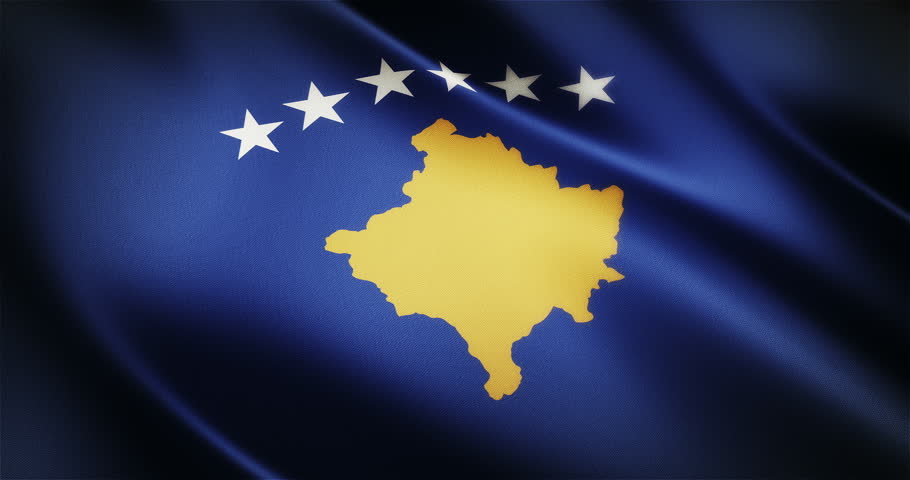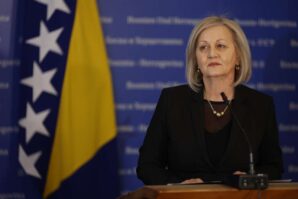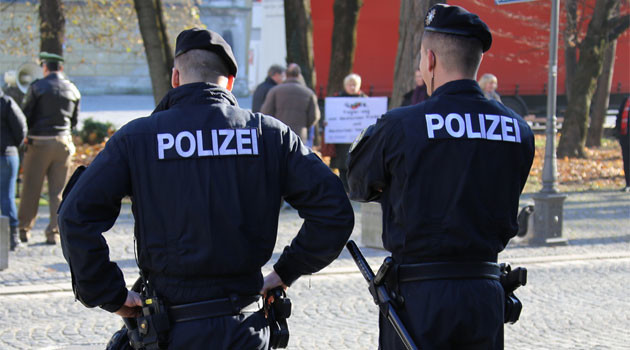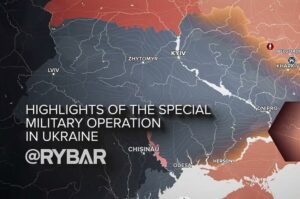
International Mother Language Day was first announced by UNESCO in 1999 in order to embrace linguistic and cultural diversity, and since then, February 21st has become the day to celebrate mother languages across the globe. Bosnian is one of the three official languages spoken in Bosnia and Herzegovina, and despite its rich cultural history and diversity, it did not emerge as its own official designation until 1991; and was formally referred to as ‘Serbo-Croatian’before the dissolution of the Socialist Federal Republic of Yugoslavia. Due to the increasing number of foreigners visiting and residing in Bosnia, the language has become popular to learn among people from countries around the world.
Bosnian is a Culturally Rich and Unique Language
Zenaida Karavdic, a research assistant for the Language Institute at the University of Sarajevo who has previously lectured in Bosnian studies, told The Sarajevo Times that the Bosnian language provides insight into the rich cultural history of the country, reflecting the clash of cultures that have met in its territory and left a legacy of vocabulary remaining.
“The cultural identity of Bosnia is a complex formation due to plenty of cultural crossbreeding with other civilizations through history. All of these, sometimes completely opposite civilizations, like Eastern and Western (Ottoman vs. Austro-Hungarian), left their traces in the language,” she said.
“Now, those loanwords, together with specific dialectal expressions of Slavic origin, make the specific Bosnian ‘mixture’ which preserves and represents the complex cultural identity of Bosnia in the best way,” Ms. Karavdic explained.
Despite its similarities to the languages of neighbouring nations, Bosnian is unique and immediately distinguishable due to its sounds and vocabulary.
“The Bosnian language differs from Serbian, Croatian and Montenegrin in synchronic and diachronic level,” said Ms. Karavdic. The Bosnian-specific accent, intonation and speech rhythm are “the traits by which people from Bosnia and Herzegovina can be immediately recognized the moment they say their first sentence in Croatia or Serbia,” she added.
Bosnian is a Difficult Yet Rewarding Language
Foreigners learning Bosnian find the grammar a significant challenge, but are motivated by their desire to communicate with others and reap the benefits of being able to apply their knowledge in interpersonal settings.
Azra Polimac the Founder of Bosnian 2 Go, a Bosnian language school in Sarajevo, told The Sarajevo Times that “definitely the [grammatical] cases (padeži) have proved to be the most challenging aspect of Bosnian language for someone who has not studied a Slavic language before, or at least Latin.”
David Welsh a 49 year-old British national who is a student at Bosnian 2 Go and attends online lessons twice weekly, shared a similar sentiment, telling The Sarajevo Times that he believes Bosnian is a language that may be impossible to fully comprehend for people of non-Slavic origin.
“Bosnian represents a different way of thinking about time from English. That is the biggest struggle. This manifests itself most prominently with the concept of perfective and imperfective verbs. I suspect unless you’ve grown up within the Slavic language systems, you’ll never truly grasp it,” he stated.
Despite the complexities of the language, witnessing his own ability to become conversant in Bosnian has been meaningful for Mr Welsh.
“Learning that it is actually possible to learn to some degree this language has been remarkable,” he said. “I wish I’d done it twenty years ago.”
Kira K, a 31 year-old Russian who began studying Bosnian in December 2018 after falling in love with Sarajevo and feeling inspired to understand her Bosnian friends in their native language, also said she found grammar the most challenging aspect of Bosnian, despite being from a Slavic background.
“Negative sentences in past tense were especially hard for me,” she said. “I would normally say ‘ja sam nemala’ instead of ‘nisam imala’. It took me a while to learn the correct form,” she said.
According to Kira, in addition to being able to communicate with others, there have been many other positive consequences to learning Bosnian.
“You begin to understand culture, history…suddenly you can listen to music, and understand plays on words,” she said.
“I love everything about Bosnian language,” stated Kira, who was taking Bosnian lessons nearly everyday for six months and continues cultivating her language proficiency by listening to Bosnian rap and talking with friends. “It’s melodic and also sounds very cute to me,” she said.
Melida Travancic, a poet and writer based in Tešanj, also described Bosnian as a language of melody.
“Bosnian is special because my poems are born of it, pure and melodic,” Ms.Travancic said, adding that “Bosnian is a language that opens up incredible possibilities to create.”
“I will always say Bosnian is slightly more poetic than other languages because poetry is based on a language’s possibilities to shape the world that surrounds us,” she said.
The Most Effective Way to Learn Bosnian Requires a Specific Approach
The best way to learn Bosnian quickly, according to Sandra Zlotrg, Executive Director of Lingvisti, the Association for Language and Culture in Sarajevo, is to combine learning with practical application by taking formal lessons and then utilising that knowledge outside the classroom.
“As adults, we need structure in order to learn a language efficiently,” Ms. Zlotrg told The Sarajevo Times. “Textbooks and grammar give you structure. Therefore my advice is, take classes,” she said.
Trying to learn Bosnian from people in your neighbourhood will only get you so far in terms of language mastery, Ms. Zlotrg continued.
“Your komšinica (neighbour) can explain some grammar, but she will soon get confused by your follow-up questions,” she said. This is because studying and teaching a second language requires a different approach to learning a first language, Ms. Zlotrg explained.
Foreigners studying Bosnian, according to Ms. Zlotrg should complement their classroom learning with practical use of the acquired skills in public spaces such as pijacas and pubs in order to apply what they have learned into real-life contexts.
Bosnian Language Reflects The Laid Back Ideology of its People
Foreign people learning Bosnian commonly attend language classes for the first time having already acquired certain words that are revealing of the culture and philosophy of Bosnian people.
Ms. Polimac from Bosnian 2 Gotold The Sarajevo Times that “almost all our students know and like the word polako(slowly), claiming it reflects perfectly our culture and how things work in our country in general.”
She said that even before foreigners begin to officially learn Bosnian language, in addition to the term polako (slowly), they are already well acquainted with phrases that are symbolic of the Bosnian way of life, such as nema problema (no problem) and može, može (it can, it can).
“I think these [terms] reflect our generally laid back culture of taking things easy,” Ms. Polimac stated.
“It also shows that we leave things for the last minute because drinking coffee and enjoying takes priority over everything else, including, very often, work.”
Written by Miya Yamanouchi

















